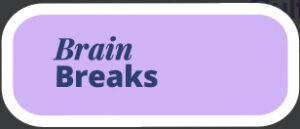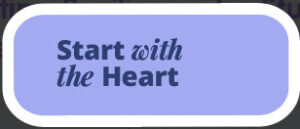Culture of Care Institute
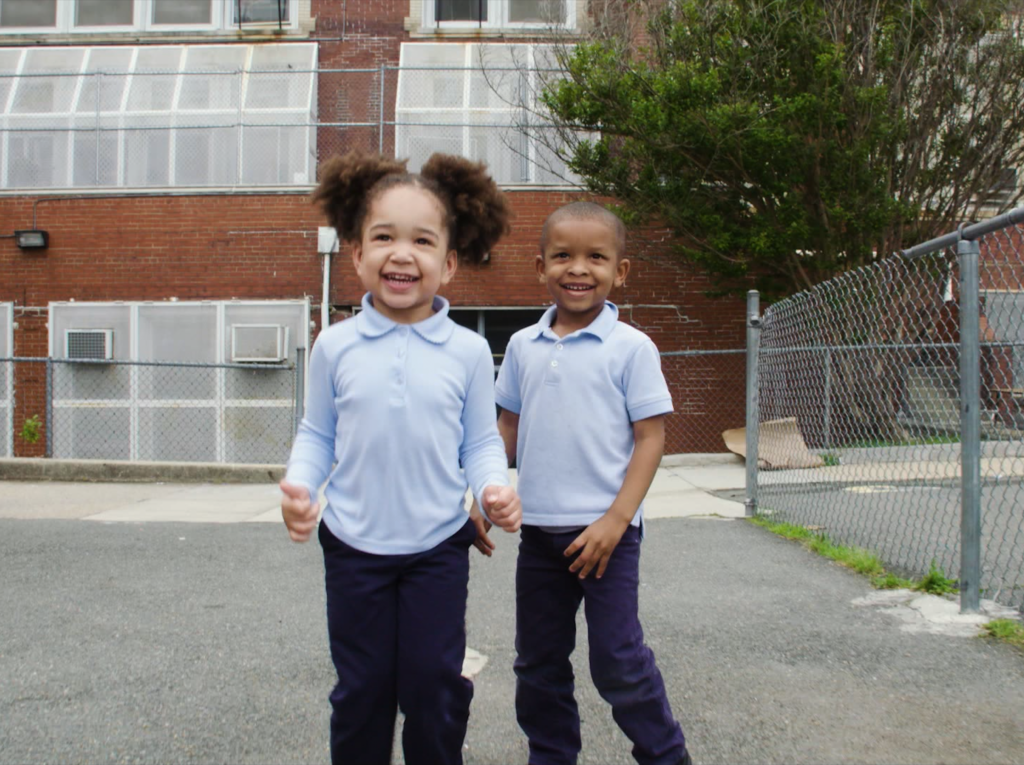
This four-part Culture of Care training prepares educators to deliver breathing, mindful movement, and relaxation exercises. Participants in the training will learn and be able to communicate how this approach promotes social-emotional learning (SEL) in the classroom. In this virtual setting, each session includes a self-care practice for participants, as well as time for Q […]
Early Childhood Educators Series
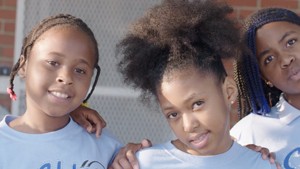
Join us for this series of live, interactive webinars for early childhood educators. 9/08: Mindfulness for ALL 9/15: Start with the Heart: Strategies to Build Resilience 9/22: Success Through Focus: Brain Breaks & Energizers
Train the Trainer to Implement a Culture of Care
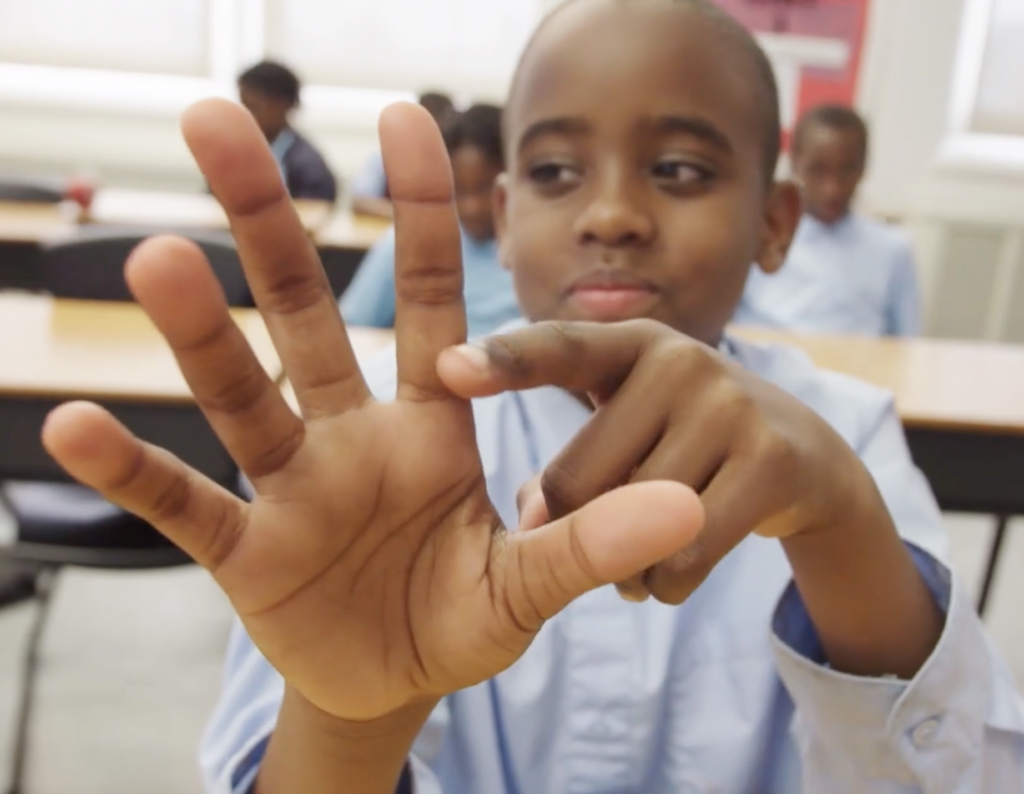
Join us for this four-day Train the Trainer mini-series that focuses on self-care and a culture of care that helps build resilience. 9/14 Session 1: Building Belonging: Start with Heart 9/15 Session 2: SEL & Self-Care 9/16 Session 3: Introduction to Brain Breaks 9/17 Session 4: Implementing a Culture of Care
SEL Begins with Us: A Guide to Getting Started with Pure Edge Resources
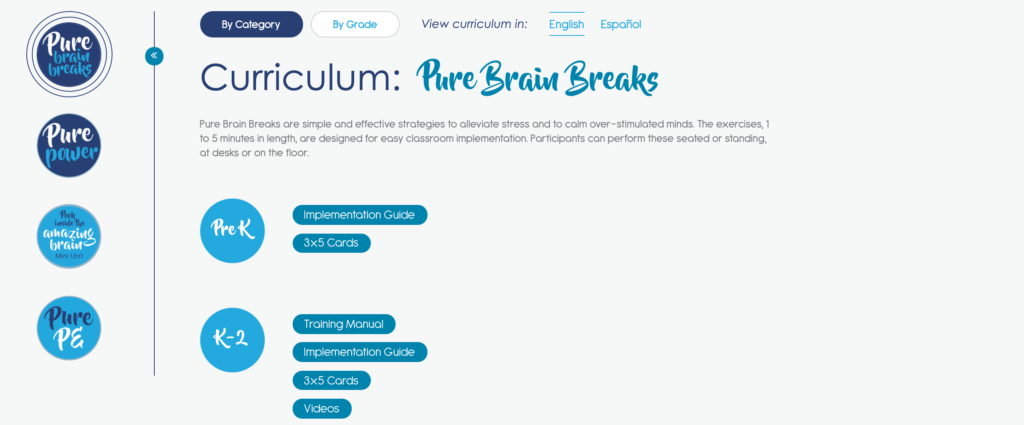
As we recognize Self-Care Awareness Month, we highlight self-care as a foundational practice, rather than simply a single activity or special day, week, or month. Relationships are reciprocal, and so is self-care. When educators and learners share these practices, they begin to build a culture of care, together. Social-Emotional Learning Begins with You We want […]
Culture of Care Mini-Series

Join us for this four-day mini-series that focuses on self-care and a culture of care that helps build resilience. 8/17: Building Belonging: Start with Heart 8/18: SEL & Self-Care 8/19: Introduction to Brain Breaks 8/20: Implementing a Culture of Care
Stress Management for High School Students
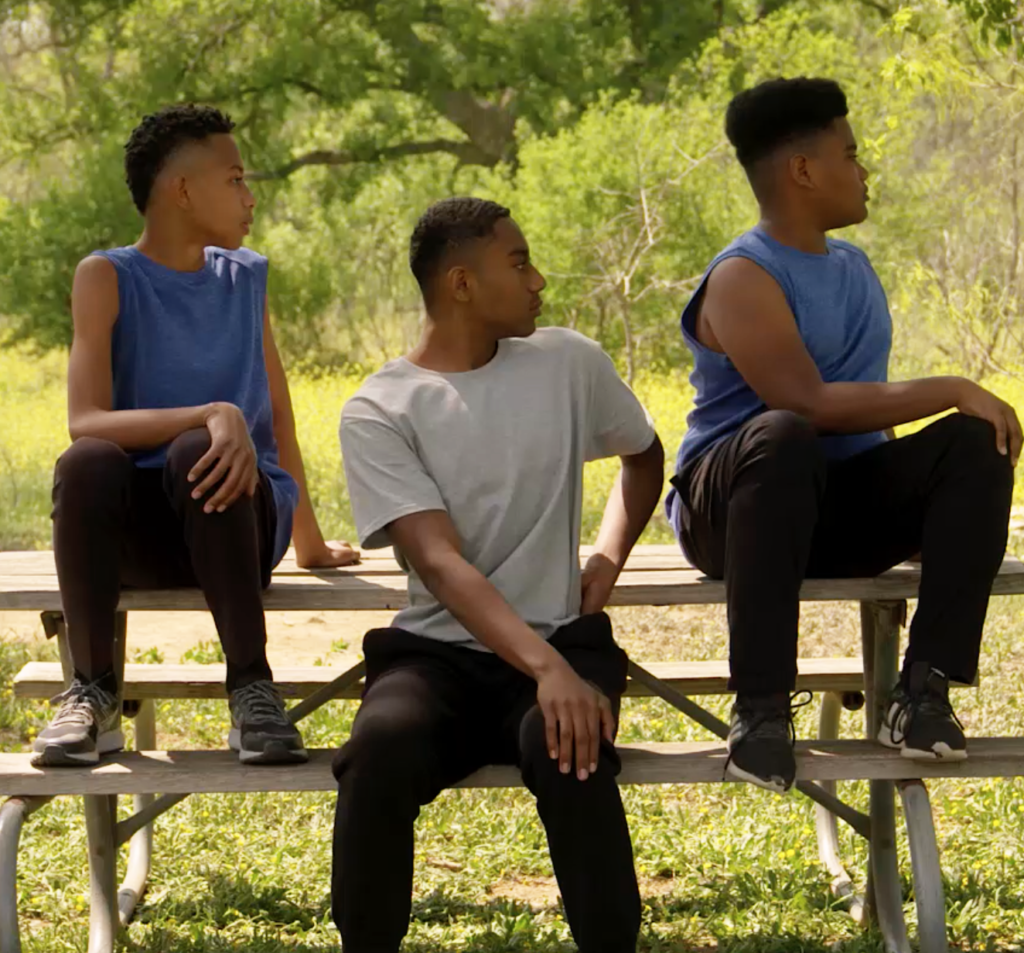
In this 45-minute interactive session, high school students will learn about the neuroscience of stress and engage in strategies to help address its impact on the mind and body.
Neuroscience of Stress for Parents
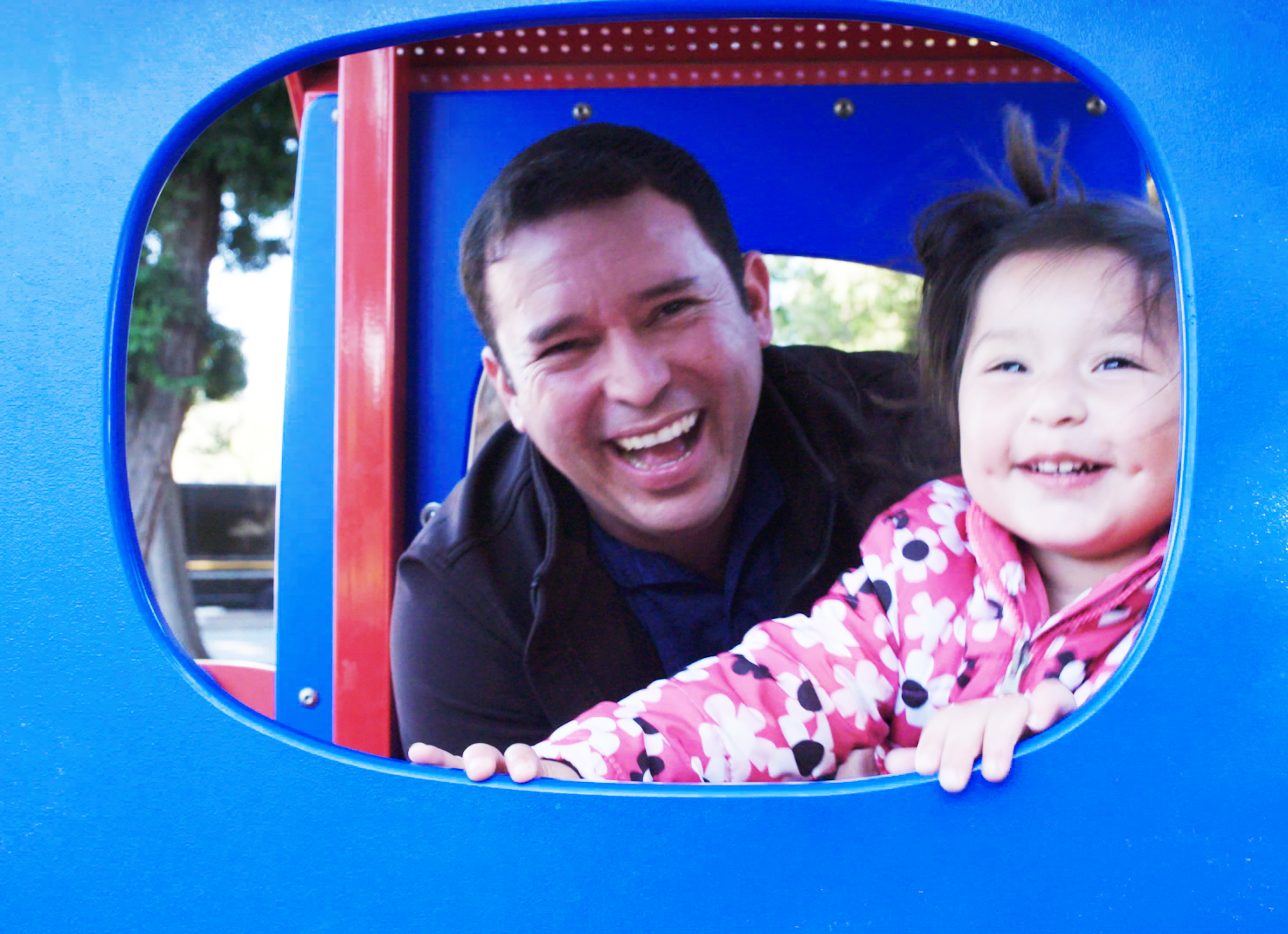
In this 45-minute interactive session, parents/caregivers will learn about the neuroscience of stress and the critical healing factors. They will engage in strategies to support the reciprocity of wellbeing, having an awareness of stressors, and practicing simple strategies to be more responsive.
Family Brain Breaks
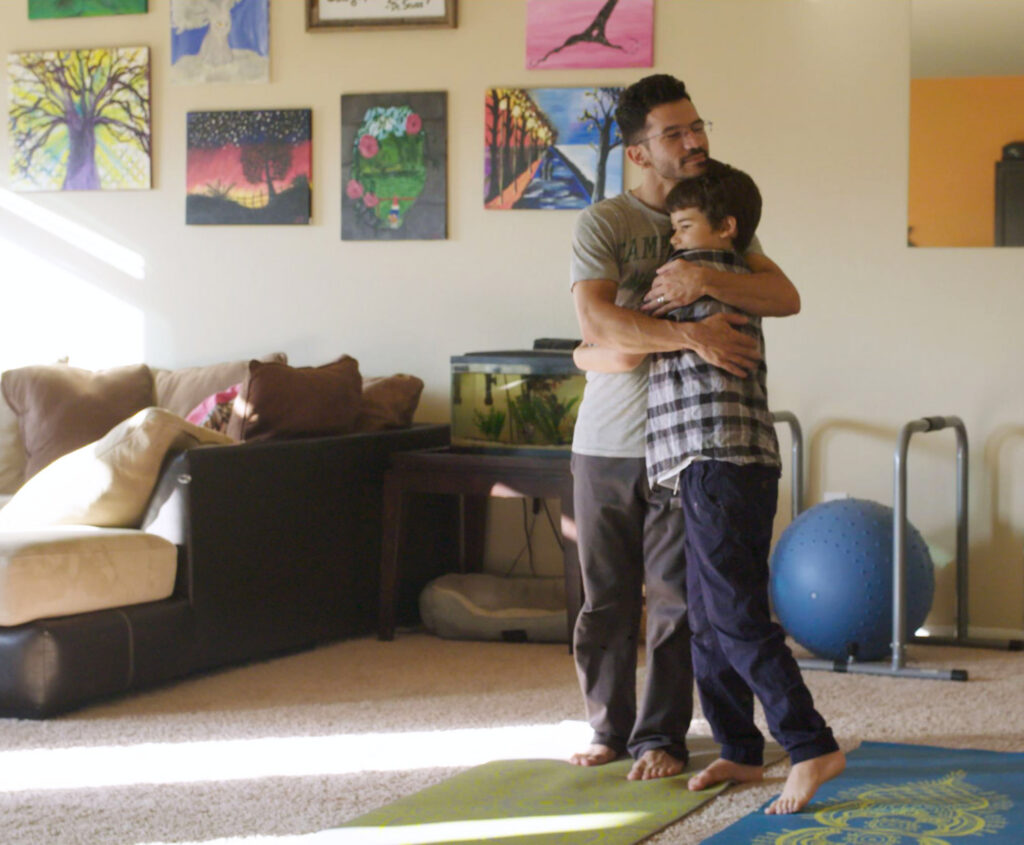
In this 45-minute interactive family session, families will engage in calming as well as energizing activities. Dress comfortably and join us with our kids. Together, we will learn to breathe, move, and rest. Appropriate for PreK – 8th grade children & their parents.
New Jersey Series for Educator Well-Being
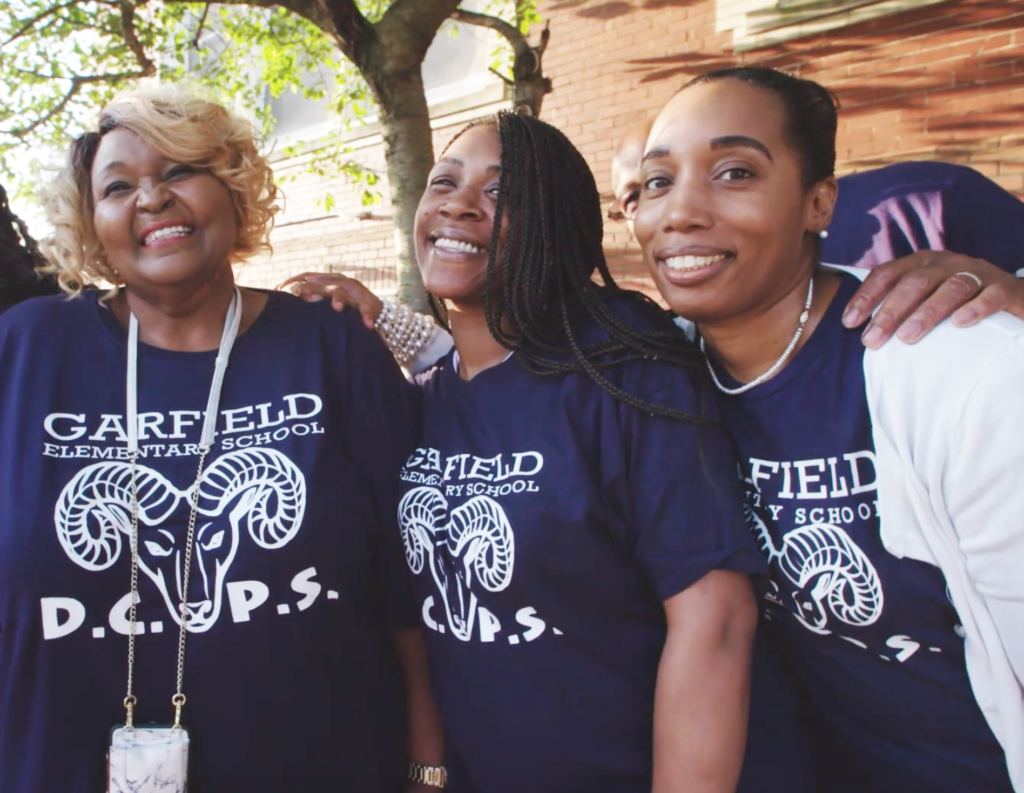
Part 1: The Neuroscience of Stress & Educator Self-Care This one-hour, interactive session will explore the neuroscience of stress and its impact on the body. We will share how to develop resilience through the practice of simple strategies. Part 2: Self-Care & SEL This one-hour, interactive session integrates self-care and the social-emotional learning competencies of […]
New Jersey Series para el educador
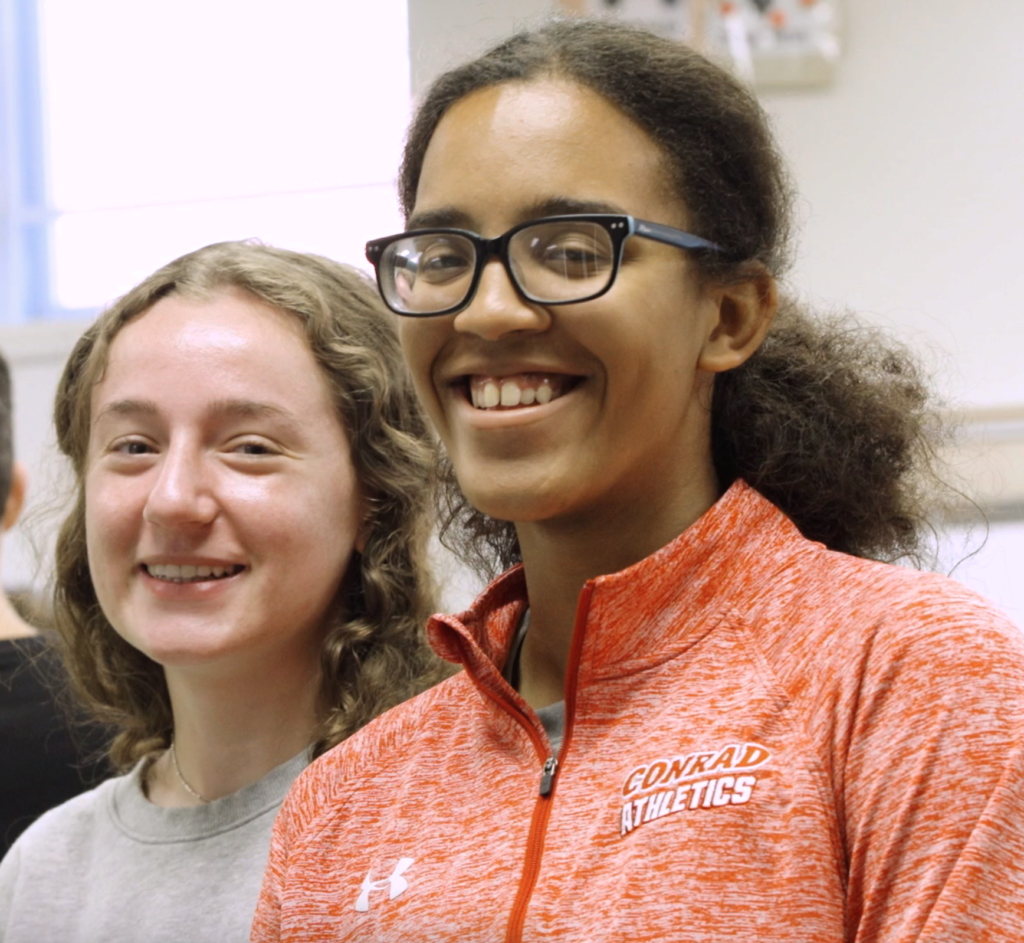
Primera parte: Neurociencia del estrés y autocuidados del educador Segunda parte: Autocuidados y Aprendizaje Socioemocional (SEL)
This Wellness Month, Put Yourself First

Even before COVID-19 uprooted our lives and shook the foundations of the systems within which we live, data on mental health in the U.S., and specifically in education, was troubling. Months into the pandemic, many of us still face anxiety, feelings of loneliness and isolation, worries about our health and the health of loved ones, and the emotional and practical challenges that […]
15-Day Self-Care Challenge (“Series”)
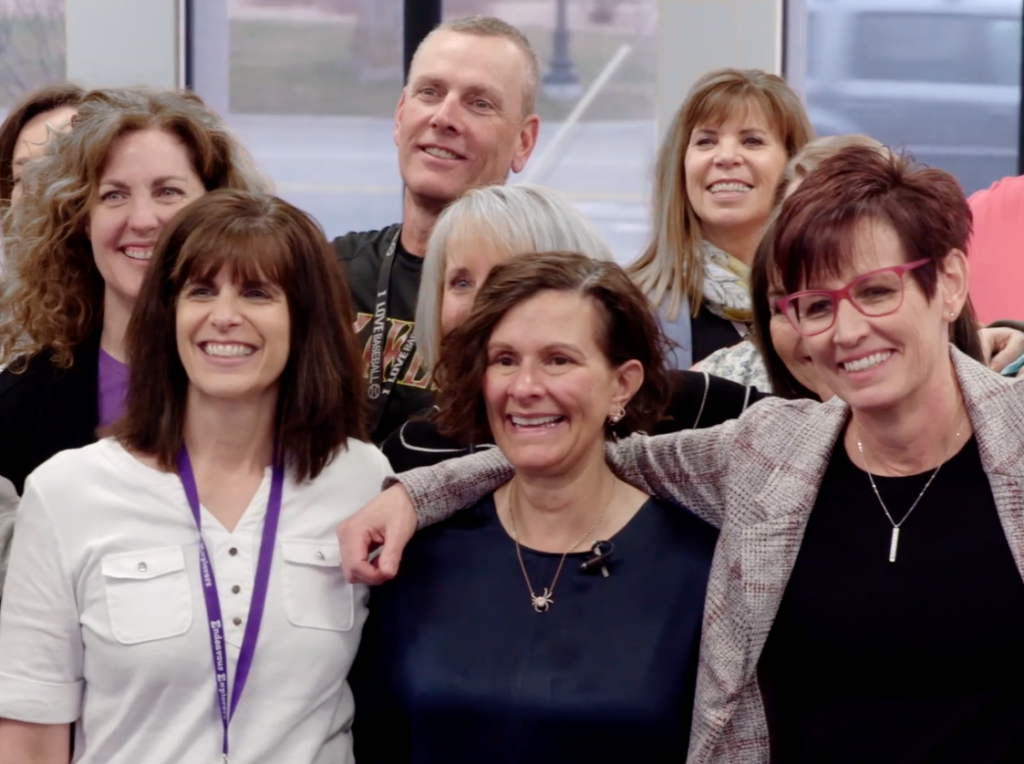
Join Gill McClean as we launch our Pure Community 15-Day Self-Care Challenge! The first 50 participants who complete all 15 days of self-care will receive a copy of the book Permission to Feel by Dr. Marc Brackett. We don’t want you to forget about you! We will engage in 5 simple strategies every day to […]
Activate Your Superpowers: Pure Power Curriculum 3-5
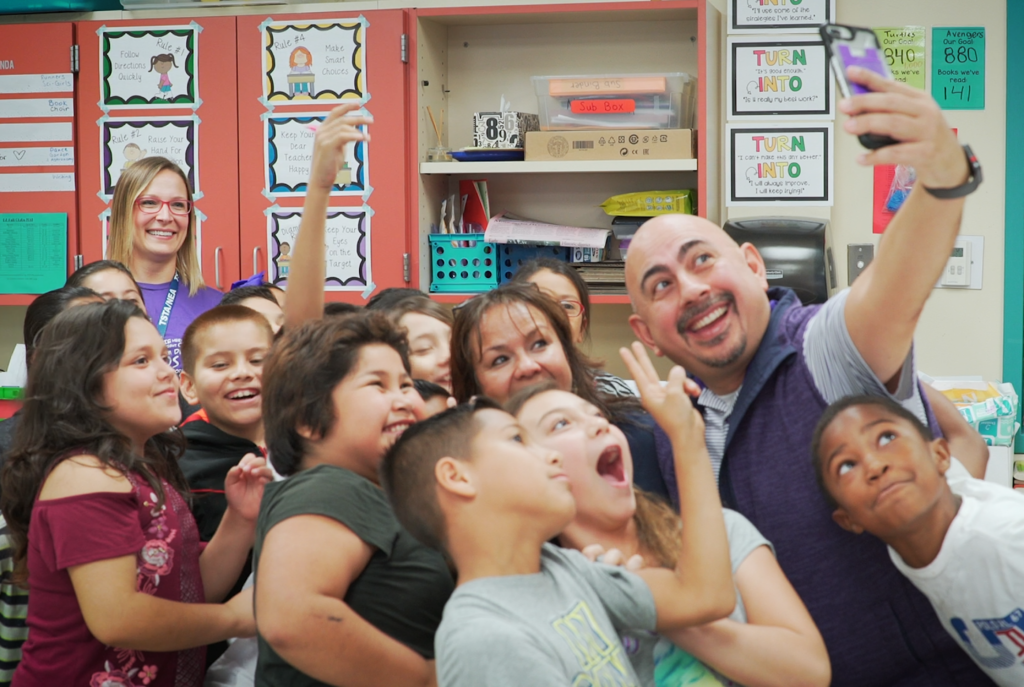
This two-part series explores the five powers of the Pure Power curriculum. Learn how to use Breathe, Move, Rest strategies to help your grade 3-5 students uncover their superpowers.
MindUP: Building Bridges and Healthy Minds

This webinar will address the critical importance of our mental health, especially with the recent challenges of the global pandemic and racial injustices that have caused trauma amongst us all. Through a lens of equity, we will explore various ways to build bridges across differences, while also building and fostering healthy minds.
Early Childhood Educators – Applied Mindfulness in the PreK Classroom Series
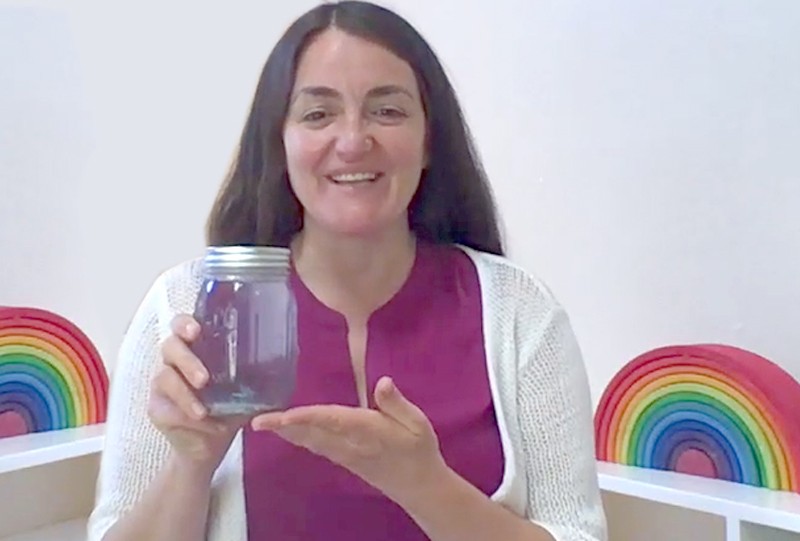
Mindfulness for ALL Start with the Heart: Strategies to Build Resilience Success Through Focus: Brain Breaks & Energizers
A Peek Inside the Amazing Brain: 3-5

Learn to implement the Pure Power mini-unit, A Peek Inside the Amazing Brain, for grades 3-5 in this interactive session.
A Peek Inside the Amazing Brain: K-2
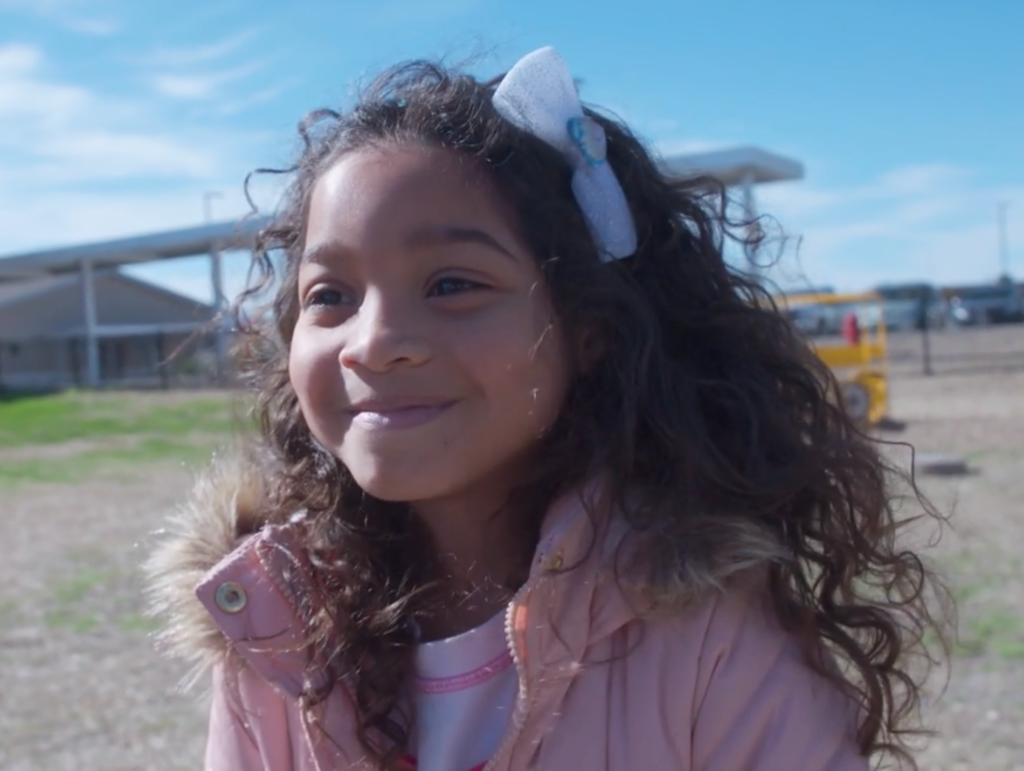
Learn to implement the Pure Power mini-unit, A Peek Inside the Amazing Brain, for grades K-2 in this interactive session.
Self-Care & Stress Management for First Responders During COVID-19
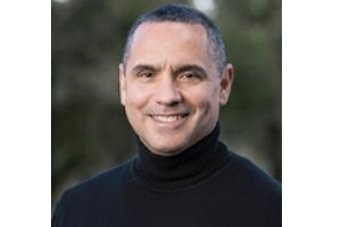
The mental health experts at Stanford University share this two-part series to support mental and physical health. Watch Module 1 — Before watching, please take this anonymous questionnaire to help with stress reduction research. We are grateful for your participation and hopeful that this research will benefit trauma prevention. Watch Module 2 — After watching, please fill […]
Planning for the Return: Become an Emotion Scientist
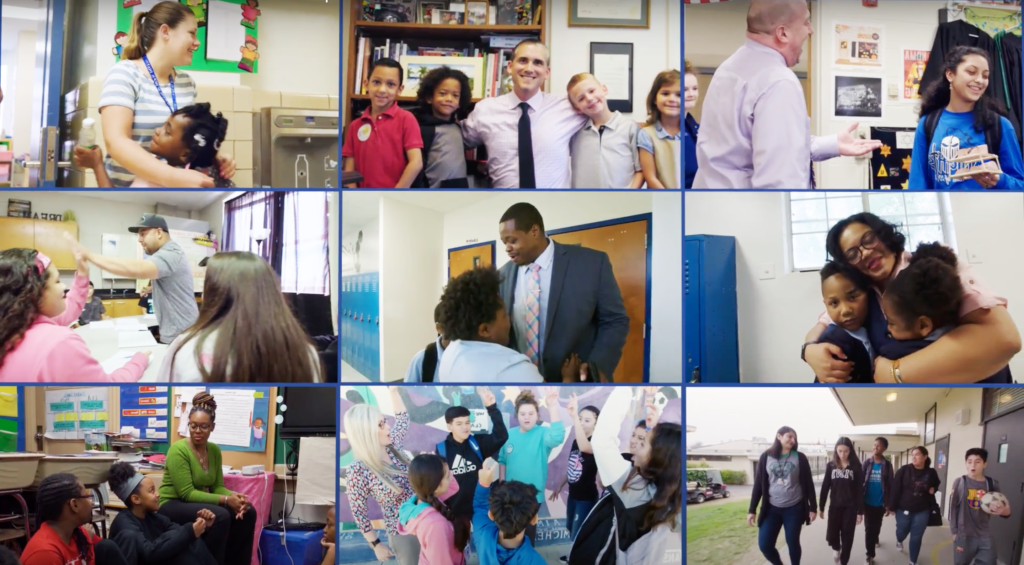
Join us for a conversation with Dr. Marc Brackett, author of Permission to Feel, as he shares how we can all be compassionate emotion scientists in these challenging times. Read his latest articles. Read: Rethinking School-Based Bullying Prevention Through the Lens of Social and Emotional Learning: a Bioecological Perspective
Planning for the Return: Addressing Stress & Anxiety Through Trauma-Informed Care
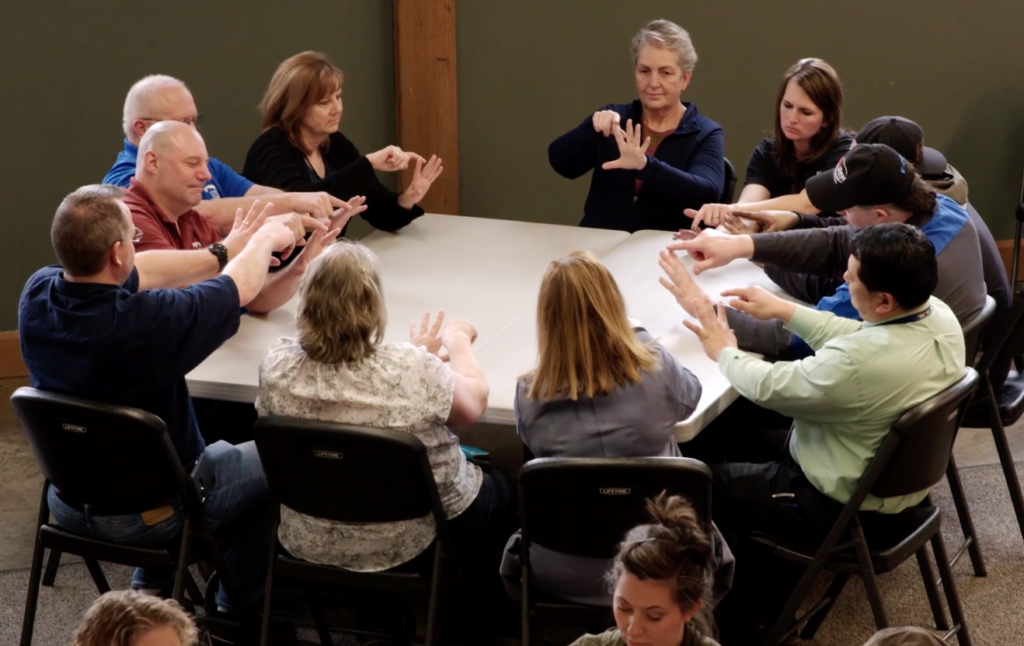
Join our expert panelists, Dr. Victor Carrion and Teri Lawler, who will answer your questions about stress and anxiety in the context of trauma-informed care.
Planning for the Return: Award-Winning School Leaders

We’ve read your feedback and are excited to announce the Ask Us series. Join us and ask our panelists, Dr. Dawn Brooks-DeCosta and Principal Kennard Branch, implementation questions related to SEL and technology.
Planning for the Return: SEL & Resilient Schools with David Adams & Chi Kim
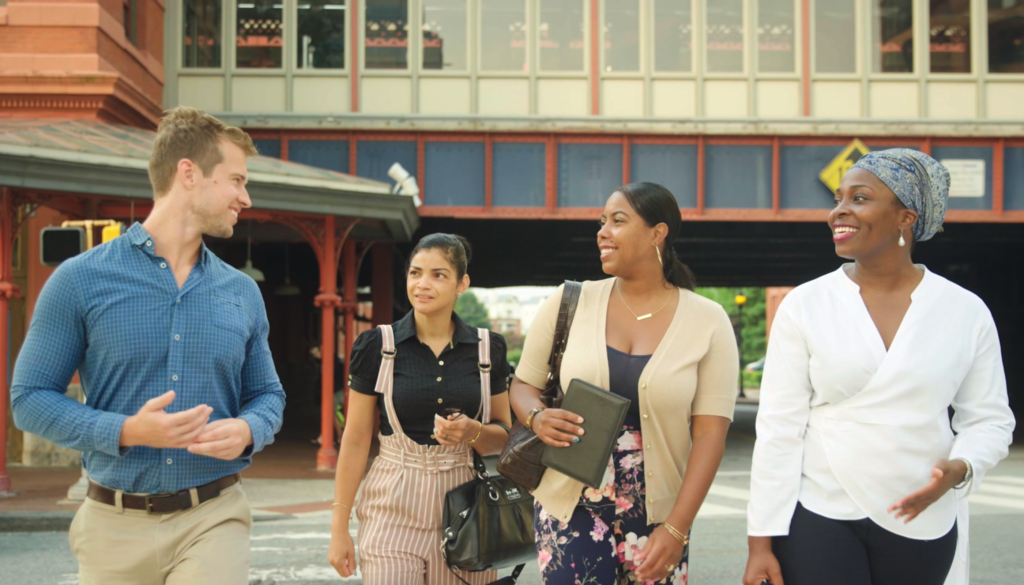
There have been several national guidance documents for the safe return to school. One consistent message is that supporting the social and emotional needs of learners and educators should be a central focus. Join us for a noontime conversation as we share our contextual definition of SEL competencies, as well as examples from the field […]
Keep Your Mind Up with Goldie Hawn: Easy Mindfulness Tools & Tips for Parents & Teachers

You’ve asked for a deeper dive into the MindUP program. Please join the MindUP team for a special one-hour webinar! You’ll gain an understanding of the basic structure of the research-based program MindUP and access to easy tools for teachers and parents to use at home.
Self-Care for School-Based Mental Health Providers: Session 4

This special Mental Health Awareness Month self-care series for mental health providers will offer experiential sessions designed to support the well-being of school-based MHPs as they continue to provide essential services to our community each day.
Autocuidado y Manejo Del Estrés Para Profesionales De Primera Respuesta al COVID-19
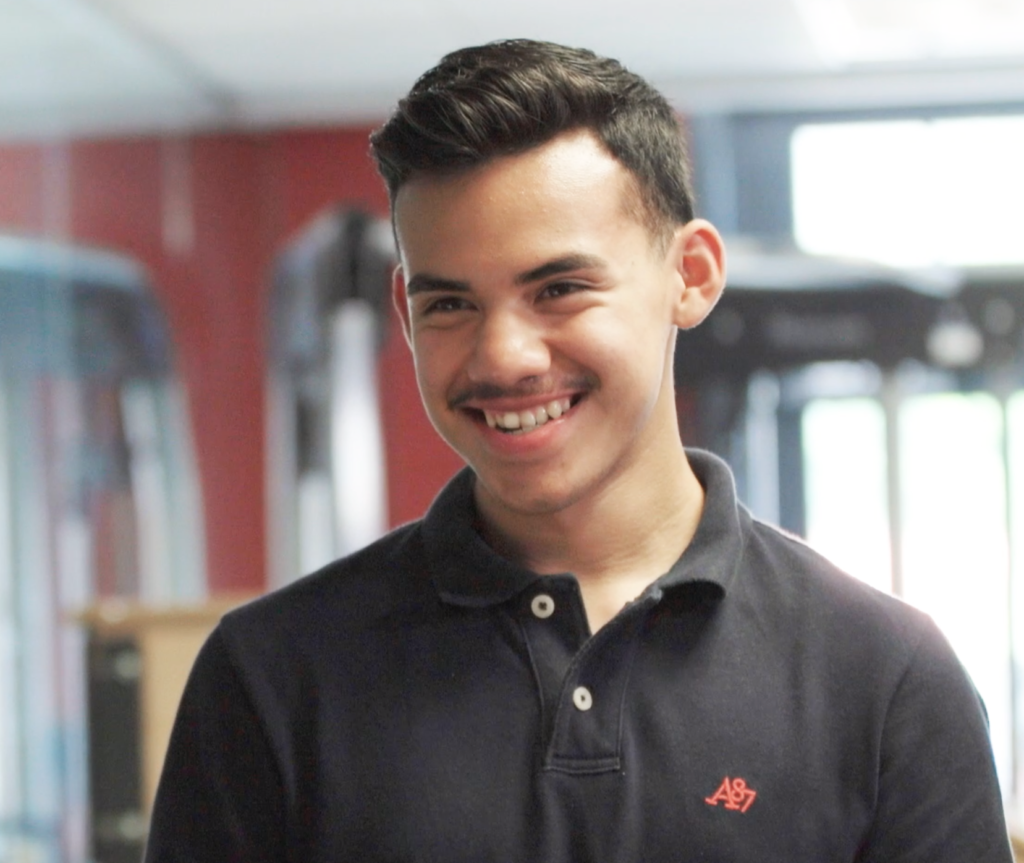
Presentadora: Dra. Yamilka Alsina-Martin, Dra. Nuria A. Sabaté, Dra. María Rolón y Susana de Cruylles Módulo 1: Introducción y estrés Módulo 2: Neurociencia del estrés y Claves traumáticas Módulo 3: Estrategias de manejo del estrés: cognitivas y emocionales Módulo 4: Autocuidados
Self-Care for School-Based Mental Health Providers: Session 3
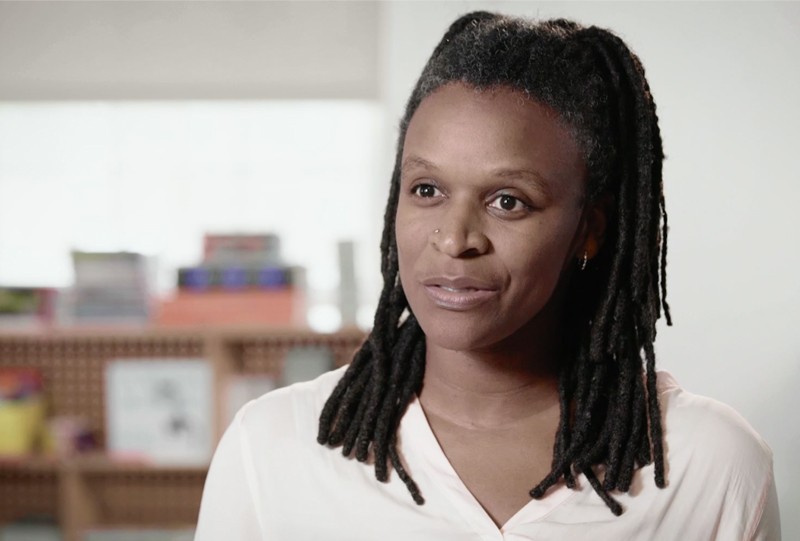
This special Mental Health Awareness Month self-care series for mental health providers will offer experiential sessions designed to support the well-being of school-based MHPs as they continue to provide essential services to our community each day.
Heart, Mind & Body Series: Teaching with a Social, Emotional, & Cultural Lens
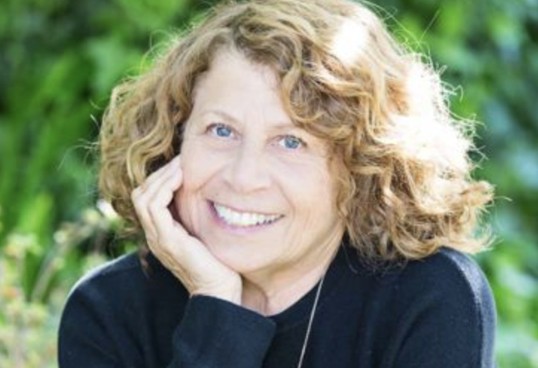
Building on the work of CASEL, Teaching with a Social, Emotional, and Cultural Lens (Markowitz and Bouffard, 2020) provides a roadmap for K-12 classroom teachers and university teacher educators to address issues of equity by integrating social-emotional learning and culturally responsive teaching in support of academic achievement and the well-being of students and educators.
DE DOE Educator Self-Care Series: Learn, Live, and Share

This 4-week series designed for the Delaware Department of Education will involve 45 minutes of online instruction and a 15-minute weekly homework assignment using the Headspace app. The sessions are designed to move your personal practice to the next level. Participants will apply focused awareness to building safe and supportive relationships, strengthening co-regulation with others, […]
Self-Care for School-Based Mental Health Providers: Session 2

This special Mental Health Awareness Month self-care series for mental health providers will offer experiential sessions designed to support the well-being of school-based MHPs as they continue to provide essential services to our community each day.
Heart, Mind & Body Series: Learners & Leaders
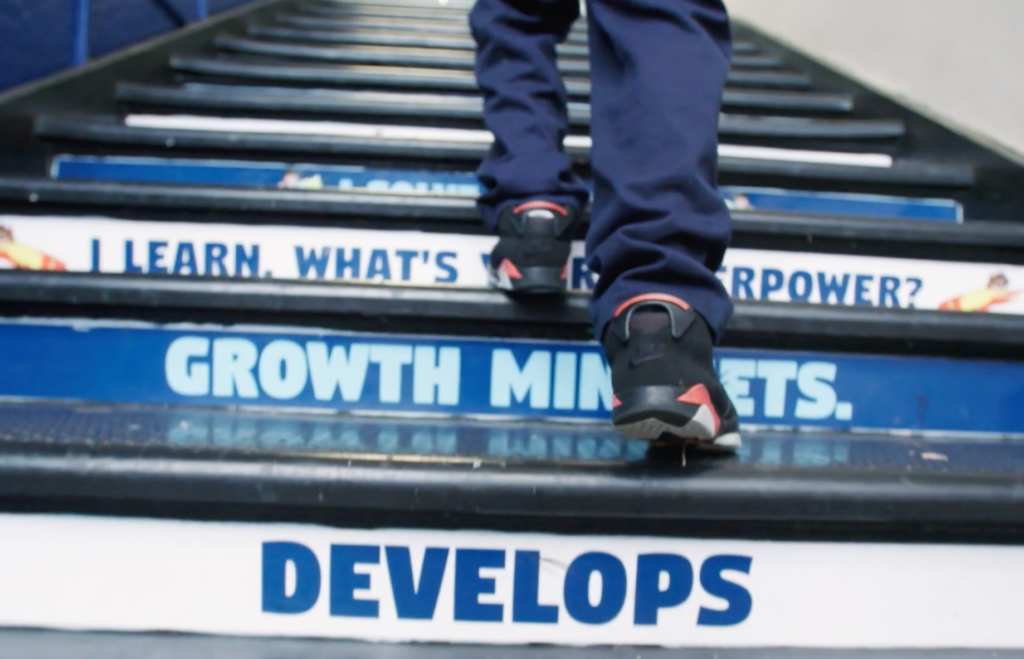
In this special session highlighting Mental Health Awareness Month, meet an incredible group of CA & NJ high school student leaders who are focused on supporting mental health through service to others. Our panelists are students from Kearny High School in San Diego, CA, & NuYu Club leaders from West Windsor-Plainsboro High School, NJ. These […]

